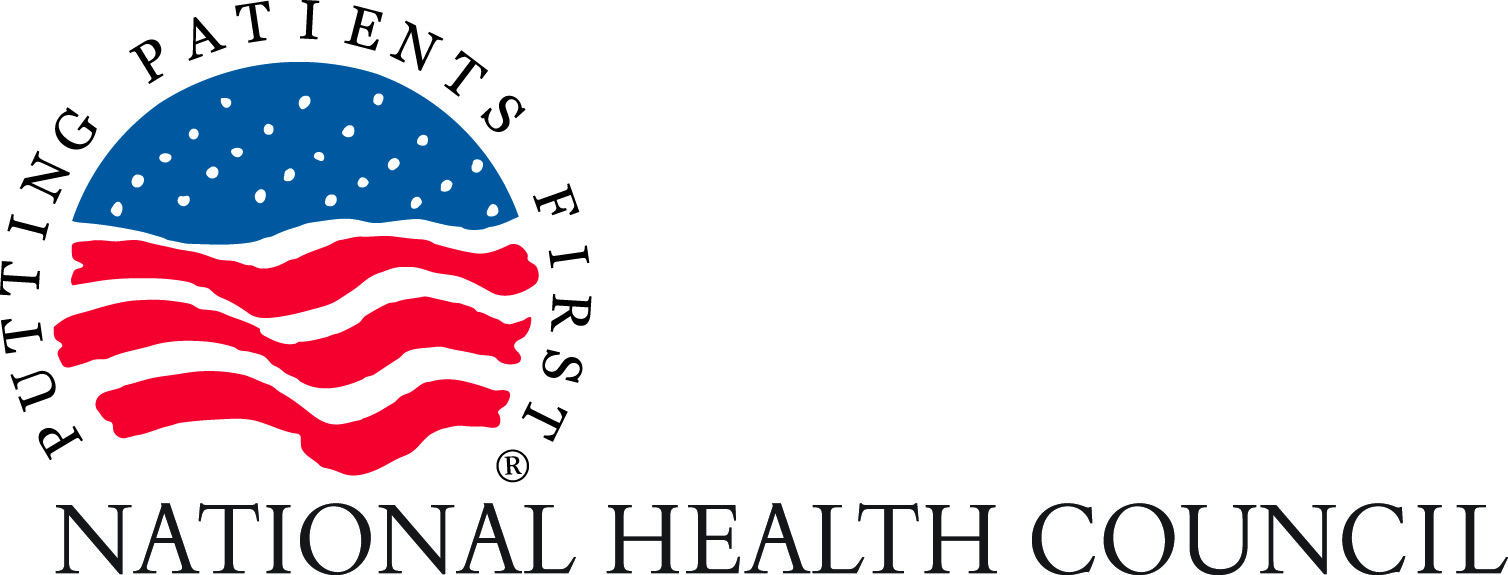

Minority Health Month Reflection on Community Resilience
By: Karen Mancera-Cuevas, DrPH, MS, MPH, CHES Senior Director, Health Equity
April is Minority Health Month. Health campaigns that highlight the importance of diverse communities, upstream interventions of prevention and early detection, and identify health care gaps bring attention to this national observance. Despite a body of knowledge to support social construct implication, how does celebration of this month-long observance relate to the health and well-being of grassroots communities?
Daily living in rural, urban, or suburban environments revolves around acquisition of access to transportation, health care services, housing, food, and economic sustainability. Many of these necessities vary depending in large part on accessibility factors. For example, a multi-generational household in an urban community may face challenges and lack of resources due to limited income, a chronically ill household relative, exposure to environmental hazards such as lead based paint, asbestos or radon exposure, and facing energy insufficiency. Despite these at-risk health indicators, this same family may be within walking distance of a public park or playground, a local food market, and live within the parameters of a block club that has neighbors helping fight against gun violence in their community. Often, when we speak to minority health, we fail to mention the strengths and resilience of such communities.
Programs such as Barbershop Talk — sponsored through RAO Community Health Services in Charlotte, NC — used an opportunity to convene with young Black men to discuss the COVID-19 pandemic and issues they faced. Broaching conversations in barbershop venues is supported by broader studies focusing on the nuanced format of this method of education and impact for program participants.
In other cities such as Chicago, a program called Recess for All! was created to address physical activity through partnership with the Chicago Public School system. This program incentivizes recess for children that reduces the risk of childhood obesity. An interesting takeaway from the program is encapsulated by the following quote, “The parents believed that — in addition to reducing their children’s obesity risk — recess broke up the school day and kept the children energized and focused.”
Initiatives such as a partnership with a fresh food truck in Boston, MA, provide access to healthy, affordable food to improve the well-being of residents in the proximal community. This initiative, Fresh Truck, is a renovated school bus that carries a wide selection of fresh, healthy, and affordable food to underserved areas to help people improve their diet and health. Due to the program’s success, more trucks were deployed and worked in partnership with four health centers in Boston.
Considering all the strong partnerships and programs noted, healthy lifestyle patterns can and should be supported in our diverse communities. The examples above demonstrate the power of community investment and resilience to create health-protective factors, which will reduce the burden of future preventable chronic disease conditions.


